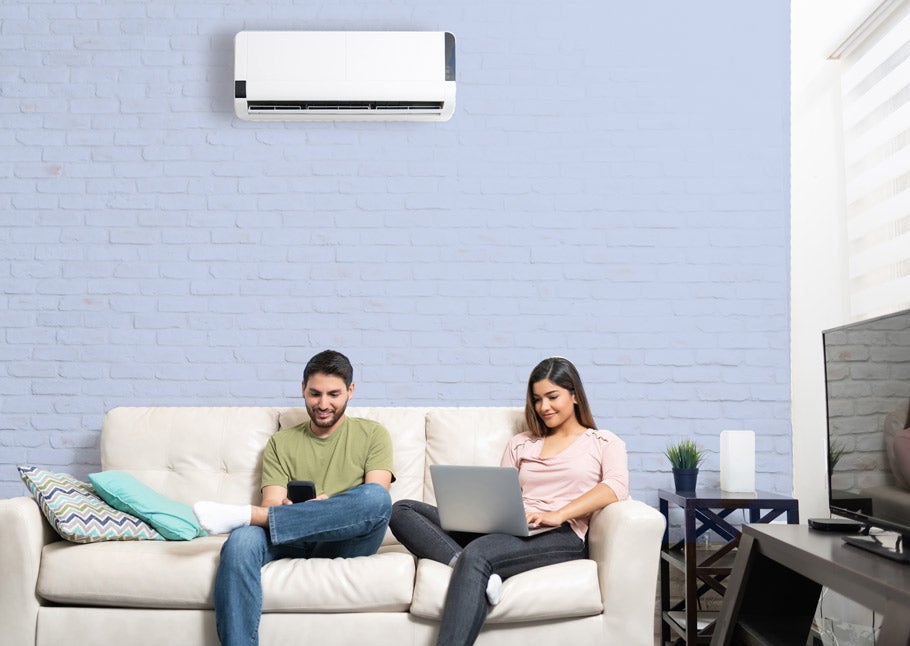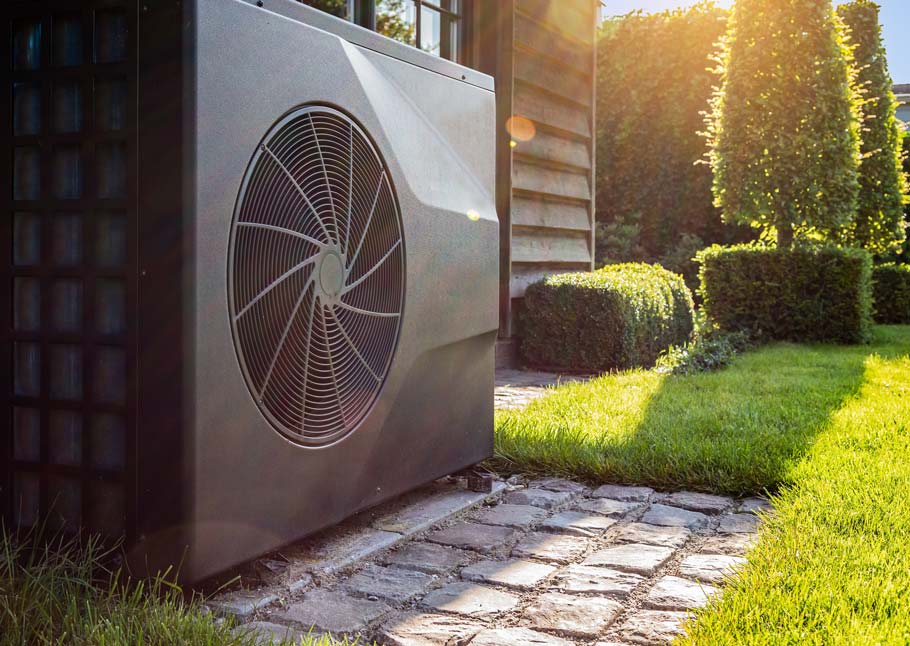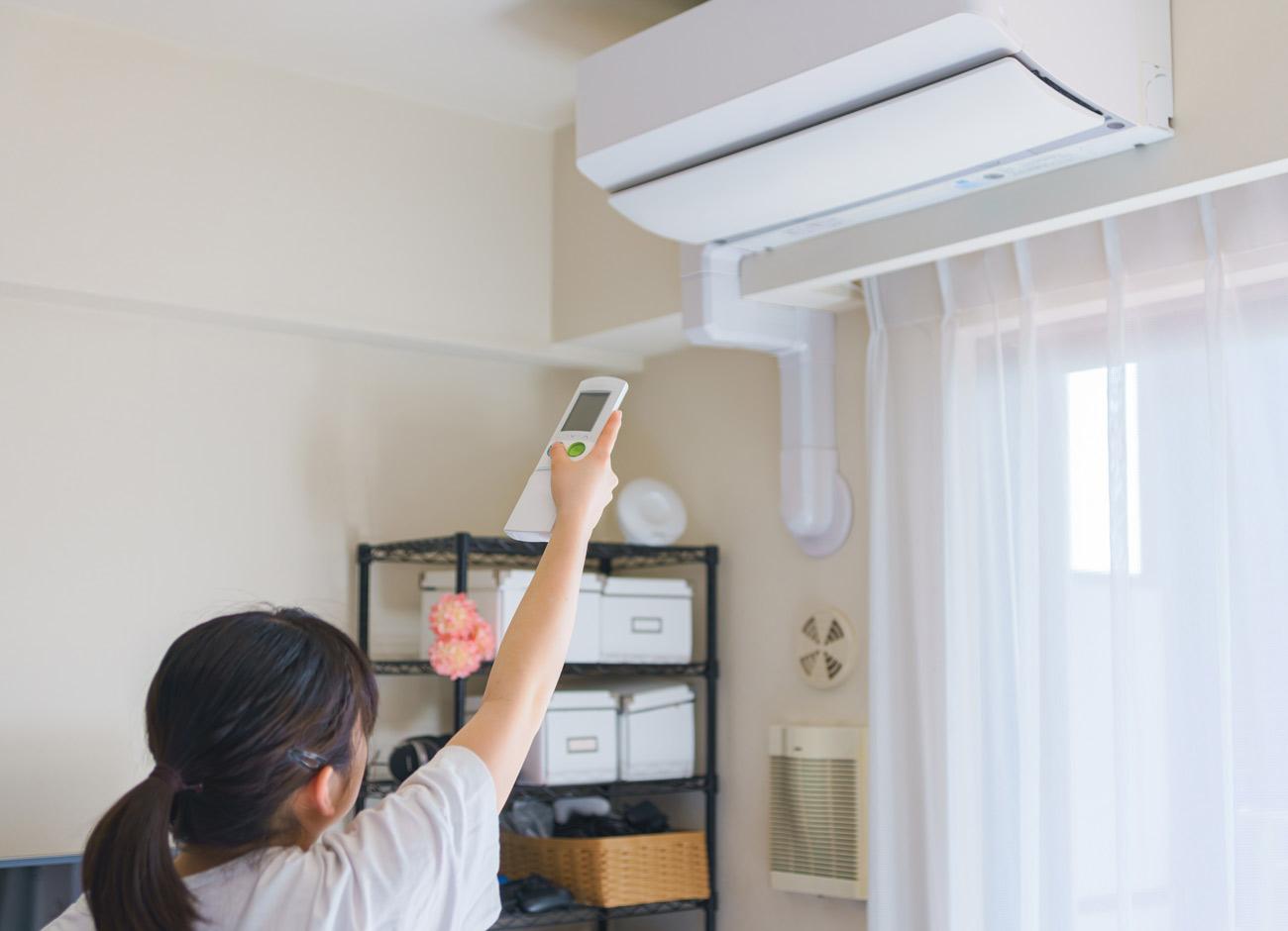What are heat pumps?
Heat pumps are high-efficiency heating and cooling systems that use electricity to draw heat energy out of an environment to heat your home or business. Lately, they have been in the news as an alternative to traditional heating and cooling systems. In the colder months, heat pumps pull warmth out of the cold air from outside and move it indoors to heat your home or business. In the summer, they can do the reverse and expel warm air from inside to the outdoors, effectively working as an air conditioner. Heat pumps offer heating, cooling, and dehumidification in one system.
Air-source heat pumps are available in various configurations. They can be installed with or without ductwork to heat and cool a single room or your whole home or building. Heat pumps without ductwork are often referred to as mini-splits.

The Benefits of Heat Pumps

There are a number of rebates available to aid in the cost of purchasing and installing a heat pump system to meet your heating and cooling needs going forward.
Heat pumps are significantly more efficient compared to other forms of electric heating such as baseboard resistance.
Heat pumps also offer clean comfort - they do not directly combust fossil fuels, there is no need for fuel storage, and they do not directly emit carbon monoxide.
However, heat pumps differ from standard heating solutions in important ways. Read on for tips to get the most out of your newly installed heat pump system.
How to Get the Most Out of Your Heat Pump
Resources
Blog
Heat Pump Advantages & Considerations
Most of us are familiar with furnaces and boilers. Heat pumps, on the other hand, control the climate of buildings by transferring warm or cool air – rather than creating it – while lowering greenhouse gas emissions.


